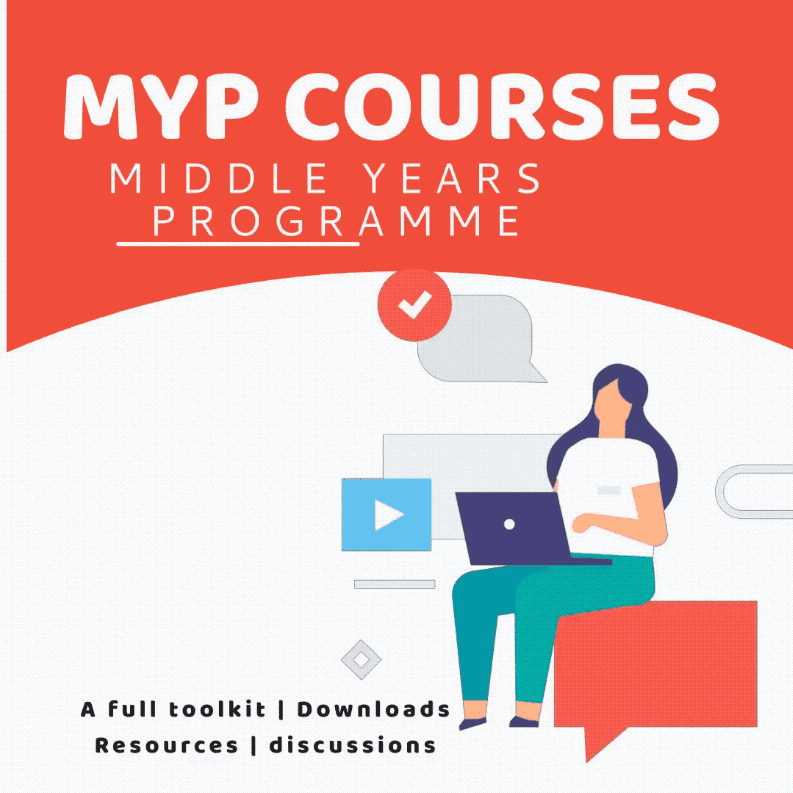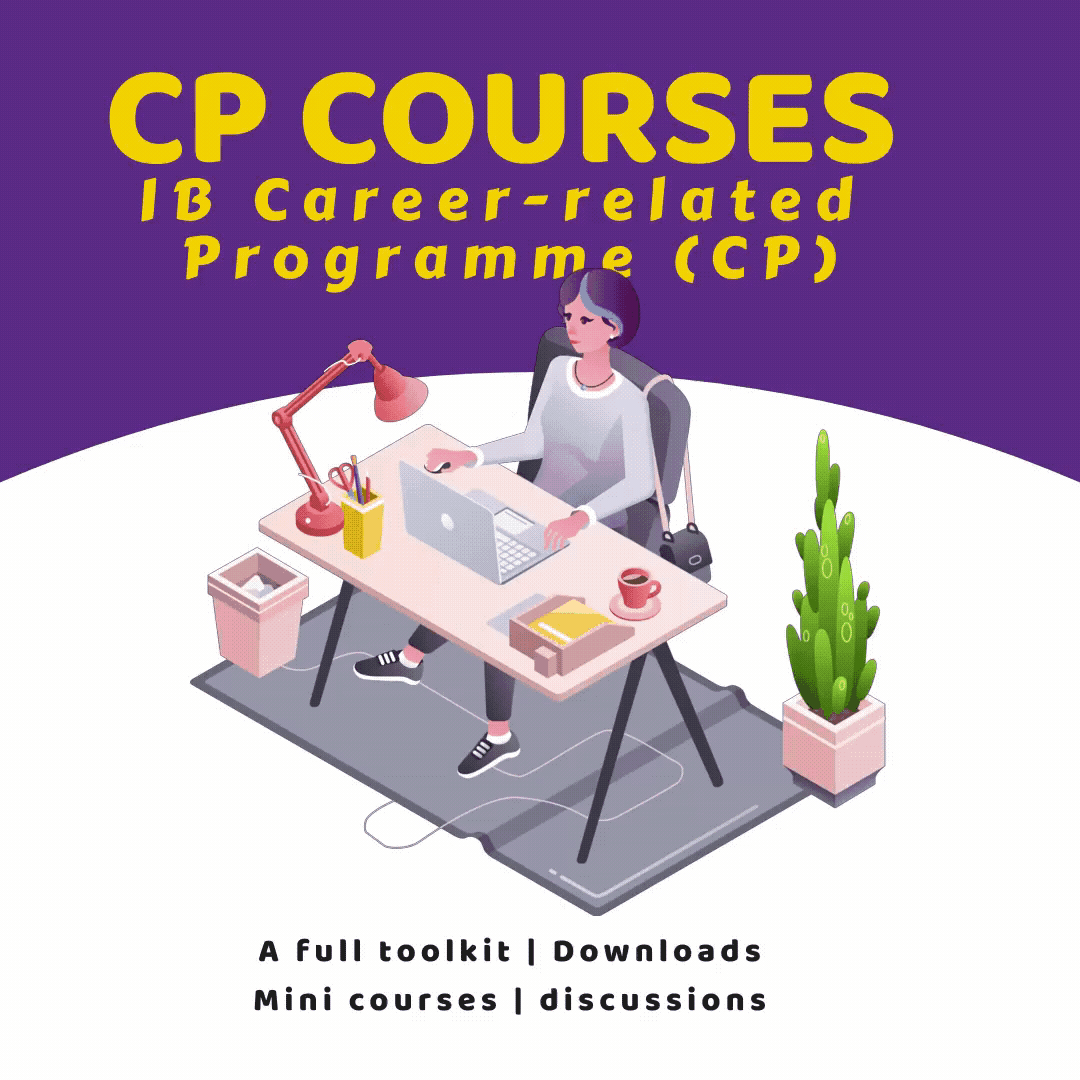Meaningful Class Discussions: Creating the Environment
You have just asked a question to your students and eagerly await their thoughtful analysis...and you wait...and you wait. The silence is deafening. How can you avoid this scenario and create an engaging discussion? By making discussion a routine, creating an environment that lets students take risks, grading discussions, and writing meaningful questions.
I’m a Literature teacher so my examples will be from different texts I teach, but my tips will work for every subject. The foundation for an enlightening and engaging discussion are the questions the students answer. As a teacher, it is imperative we write these questions well if we want an effective discussion.
Tip #1: Write Interpretive Questions
There are several different types of questions we can ask our students:
- Factual questions = have a correct answer
- Interpretive questions = multiple correct answers
- Evaluative questions = students use their lives as examples
For discussions, write interpretive questions. We want students to use their higher-order thinking skills to analyze, evaluate, and create meaning by discussing several correct answers and using the text they are reading to support their thoughts and ideas. An example of a broad, but thought-provoking, interpretive question is:
Who is the most important character in the novel so far? Explain.
Tip #2: Use Quotations
Use quotations from your text or textbook. This helps to focus students on one idea, without giving students the answer. For example, when reading the novel The Awakening by Kate Chopin, I could ask the students: “Who is Edna?”. But notice how much stronger it is when I use a quotation and more specific question:
Use quotations from your text or textbook. This helps to focus students on one idea, without giving students the answer. For example, when reading the novel The Awakening by Kate Chopin, I could ask the students: “Who is Edna?”. But notice how much stronger it is when I use a quotation and more specific question:
On page 64, Edna says, “‘I would give up the unessential: I would give my money, I would give my life for my children; but I wouldn’t give myself.’” Do you think Edna is a good mother? Explain.1
Tip #3: Test your Questions
Once you have a question written, test it out. Jot down all the possible answers to your question. If you can only think of one answer, it’s not a good discussion question. If you can come up with three different answers, use it! For Things Fall Apart I could use the question: “How is Okonkwo committing suicide an act of bravery?”. But when I test my question, I come up with one answer. If I change the question slightly to:
Once you have a question written, test it out. Jot down all the possible answers to your question. If you can only think of one answer, it’s not a good discussion question. If you can come up with three different answers, use it! For Things Fall Apart I could use the question: “How is Okonkwo committing suicide an act of bravery?”. But when I test my question, I come up with one answer. If I change the question slightly to:
Is Okonkwo’s suicide an act of bravery or is it cowardly?
Now I can think of many different ways of answer the question.Tip #4: Use Command Terms
Don’t shy away from the command terms in the subject guide. They are very useful for starting discussion questions. I love the “To what extent” command term and use it often, since students can answer in a variety of ways to the question.
Don’t shy away from the command terms in the subject guide. They are very useful for starting discussion questions. I love the “To what extent” command term and use it often, since students can answer in a variety of ways to the question.
To what extent does Hamlet’s indecision lead to his death?
1 Chopin, Kate. The Awakening. New York: Bantam Dell, 2003. Print.
Looking for more tools for your IB students?Check out our Ibtrove Toolkits.
Looking for more tools for your IB students?
Featured links
This work/product/service has been developed independently from and is not endorsed by the International Baccalaureate Organization. International Baccalaureate®, Baccalaureat International®, Bachillerato Internacional® and IB® are registered trademarks owned by the International Baccalaureate Organization.
Copyright © 2025
Copyright © 2025



